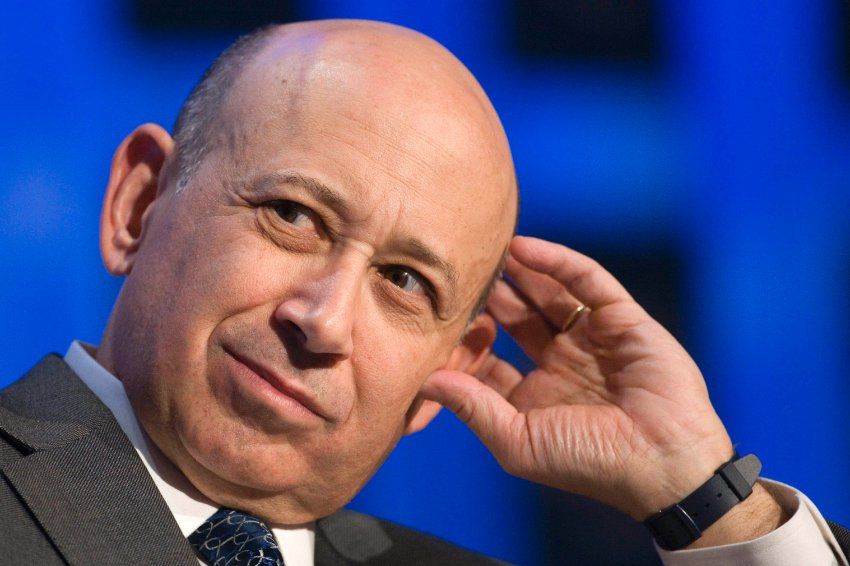
SPIEGEL ONLINE INTERNATIONAL: In a SPIEGEL interview, Goldman Sachs CEO Lloyd Blankfein, 55, discusses his astronomical bonuses, the mistakes and failures of his bank prior to the start of the global financial crisis and his proposals for better regulating financial markets.
SPIEGEL: Mr. Blankfein, two years ago, your $67.9 million bonus was the largest ever paid to a Wall Street banker. You recently said that you could understand the anger that people are expressing over inflated bonuses. How are we to understand this?
Blankfein: I think people legitimately question whether compensation is tied to performance and, looking back, they see that some people were enriched but did not seem to have any alignment with their shareholders. A large part of the compensation paid to our senior people, including mine, is paid in shares, which may be worth less or more depending on our performance well after they were granted. This is what our shareholders want and we are convinced of this alignment of interests.
SPIEGEL: Still, $67.9 million is an astronomical sum. Is there any way to justify this?
Blankfein: Our board of directors sets the pay of our most senior executives, including mine. They tie pay to the firm's performance and I believe we have established a strong track record of correlating growth in revenues to growth in compensation. The real test is whether compensation is reduced when performance changes. For example, in 1994, the firm made a loss and the partners had to pay money back to the firm so that the staff could be paid. And, in 2008, which was a very difficult year as you know, I was paid no bonus, even though the firm was profitable.
SPIEGEL: That all sounds very rational. But don't such payments promote greed as the primary motivator?
Blankfein: I think we all know that greed can drive behavior, but it tends to be short term and ultimately destructive. Our leadership team stands out because most of our people have built their whole career at the firm and stayed through many years and many changes in the market. When our people leave they tend to go on to other positions -- whether in government or other forms of public service -- that no one would do if their were motives were financial. Those characteristics don't make me think of "greed."
SPIEGEL: So only modest, good people work for Goldman Sachs? We hardly believe that.
Blankfein: I have stated my honest view of things.
SPIEGEL: This week in Pittsburgh, the G-20 will discuss stricter regulation of bonus payments. Based on what you have said, you believe that such efforts will do nothing to prevent future crises?
Blankfein: That is not what I said. The incentive aspect played a role in the crisis, but it was not the primary cause -- I think you have to look at the macroeconomic backdrop, the concentrations of risk in certain institutions and the fact that many, including regulators, should in hindsight have had better information and acted sooner to address capital and liquidity shortfalls. >>> | Tuesday, September 22, 2009